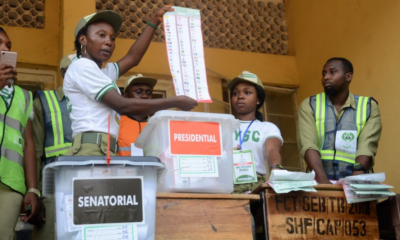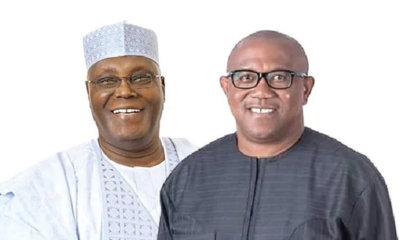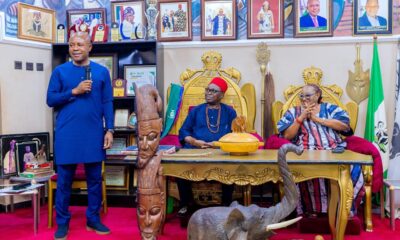Culture
ADUN Lagos to Celebrate Rich Cultural Heritage, Tradition @ 12th biannual Awka Day 2024


Awka Development Union, Nigeria, (ADUN,) Lagos State chapter, the umbrella body of indigenes of the community in Lagos has outlined series of events to celebrate the rich cultural heritage and traditions of Awka town at its 12th biannual Awka Day celebration.
The events lined for this year’s celebrations are weaved together with tradition, regality, and opulence.
Chief Francis Sequence Anagor, chairman of Awka Day 2024 Planning Committee, said that the weeklong event will feature youth day; couples’ night; and empowerment day for indigents of the community.
According to Anagor, the event will culminate on Sunday, November 23 with marchpast by all the villages as well as awards to some deserving members of the community.
“Importantly, there will be live display of our blacksmithing craft. Like you are aware, blacksmithing products of Awka of different shapes adorn homes, offices and museums across the world especially in British and American museums. All of these tell the story of the Awka man as the originator of blacksmithing trade across the world” Anagor added.
He said that “The event is very important to us because it brings together seven Igbo groups sharing common blood lineage divided into two sections. Ifite Section, the senior section, comprises four groups, Ayom-na-Okpala, Nkwelle, Amachalla, and Ifite-Oka followed by Ezinator section, which consists of three groups, Amikwo, Ezi-Oka and Agulu. Each of these groups has a number of villages. All together, Awka comprises 33 villages.” Anagor added.
He said that ADUN Lagos has been an agency through which innovations and development purposes are achieved for the community.
As agent of social change, ADUN Lagos has demonstrated that, through collective action, it can improve on their material conditions of existence, mobilise against the out-group, and defend a common cause.
Awka is the capital of Anambra State and the region in ancient times was the site of the Nri Civilization that produced the earliest documented bronze works in Sub-Saharan Africa around 800 AD.
Prior to the 20th century, Awka was famous for metal working.
Its blacksmiths were prized throughout the region for making farming implements, weapons and tools.
-



 GRPolitics2 days ago
GRPolitics2 days agoLet the People’s Voice Stand: A High‑Assertiveness Call to Democratic Integrity in the Digital Age
-



 Spotlight3 days ago
Spotlight3 days agoProphetic Outlook for 2026: Help Is on the Way
-



 GRPolitics3 days ago
GRPolitics3 days agoAmidst Atiku and Obi in ADC, Bola Ahmed Tinubu Retains a Significant Structural Advantage Ahead of the 2027 Election – A Data‑Driven Assessment
-



 Culture3 days ago
Culture3 days agoGovernor Mbah Visits Igwe Greg Ugwu, Enyi 1 of Attakwu, Nkanu West LGA







